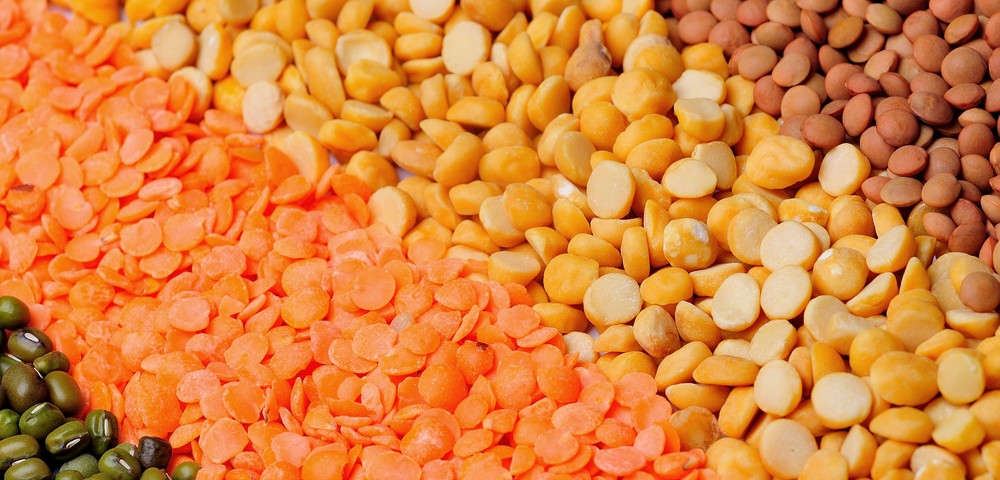In a recent review study entitled “The role of dietary fibre in inflammatory bowel disease,” researchers reviewed and summarized the current knowledge of the potential anti-inflammatory effects of dietary fiber in the course of inflammatory bowel disease (IBD). The study was published in the Gastroenterology Review journal.
IBD comprises a group of diseases characterized by chronic inflammation particularly of the colon and small intestine. The two main types of IBD are Crohn’s disease (CD) and ulcerative colitis (UC), but IBD’s etiology remains unclear. Despite the progress in IBD medicines, its incidence is still increasing, particularly in the industrialized countries. The composition of the intestinal microflora and diet are factors increasingly recognized to affect disease progression in IBD patients.
The authors reviewed and summarized the current knowledge on the effects of dietary fiber in IBD. Notably, the most updated and current definition of dietary fiber is “carbohydrate polymers with three or more monomeric units, which are neither digested nor absorbed in the small intestine of humans,” according to The Codex Alimentarius Commission (CAC). The team revised studies that investigated both the effects of dietary fiber in animal models of inflammatory bowel diseases but also included studies on dietary fiber in humans with IBD.
The team reported that both type of studies analyzed supported the concept that dietary fiber offers significant clinical benefits for patients with IBD. Specifically, they found that supplementation with some types of dietary fiber (such as whole-wheat bread and vegetables) can maintain disease remission and also reduce lesions in the intestinal mucosa of IBD patients. Therefore, the findings are in agreement with current IBD guidelines from the Academy of Nutrition and Dietetics (formerly the American Dietetic Association), World Gastroenterology Organisation, and the Crohn’s & Colitis Foundation of America stating that dietary fiber consumption should not be limited in IBD patients in remission (exception to the rule are patients with strictures of the bowels).
The reported effects of dietary fiber are mostly associated with increasing luminal production of short-chain fatty acids (SCFA), such as butyrate (a key component for colon health, since it is the main energy source for colonic cells and has anti-carcinogenic and anti-inflammatory properties). Additionally, SCFA foster healing and regeneration of the intestinal epithelium, reduce the colon’s pH and stimulate growth of the beneficial microflora while preventing the development of colon pathogens. The team highlights that additional studies are required to understand how dietary fiber impacts IBD’s therapeutics.

